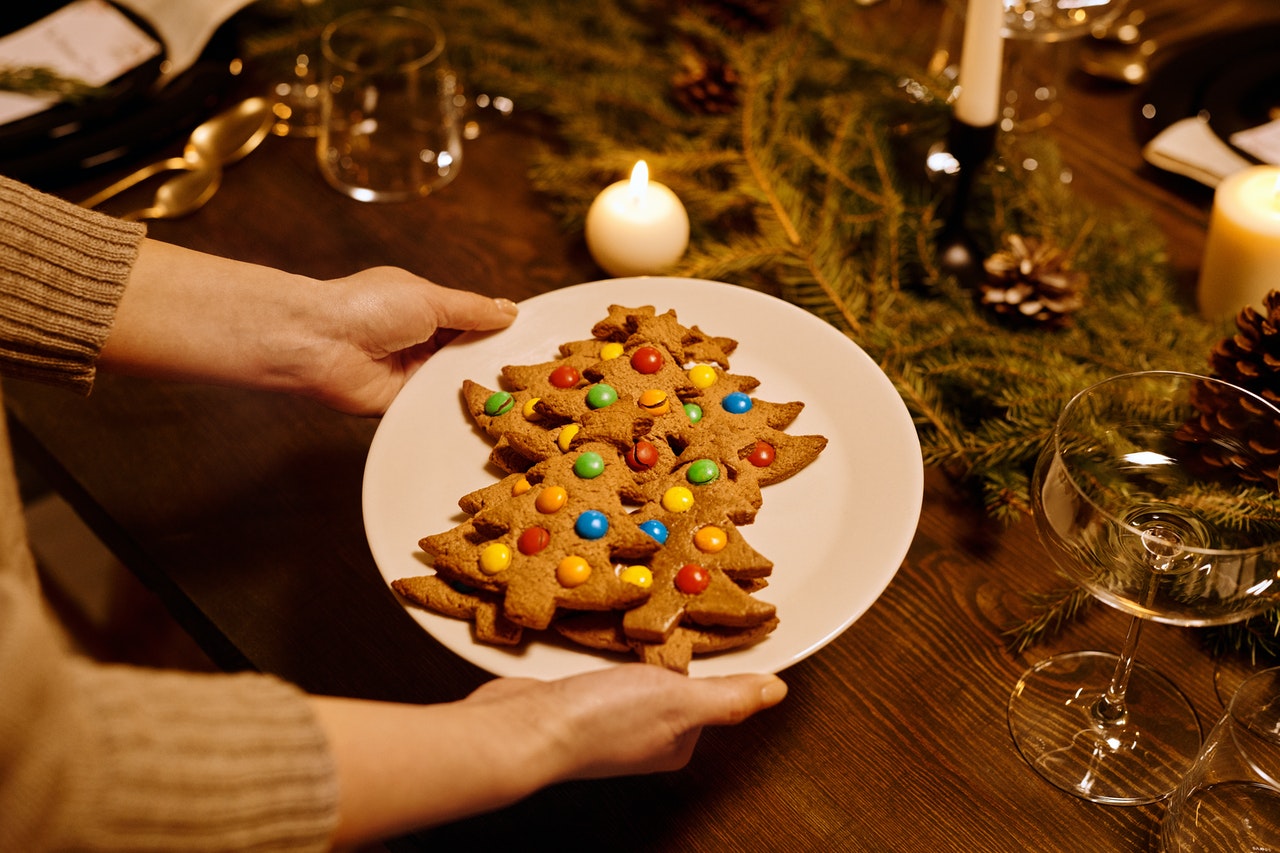As The Holidays Approach
People worldwide celebrate love, happiness, and peace during the holiday season. It is a time full of traditions, customs, and memories passed down from generation to generation. As the season approaches, it is essential to understand the differences between the phrases “Merry Christmas” and “Happy Christmas” and how they are used worldwide.
In the United States, “Merry Christmas” is commonly used during the holiday season. Dating back to the Middle Ages, “merry” describes happiness and joy. In contrast, “Happy Christmas” is commonly used in the United Kingdom and other English-speaking countries. Unlike “Merry,” “Happy” has a broader connotation, referring to a general sense of well-being and contentment.
Beyond linguistic differences, Christmas traditions differ significantly from country to country. For example, in Sweden, Christmas is celebrated on December 24th, the most important holiday. In Japan, Christmas is not a national holiday, but it has become a popular celebration of commercialized festivities. Customs differ in various countries, from putting up Christmas trees to lighting advent candles.
A Nativity scene or “crèche” is a typical Christmas decoration in France. It consists of an artistic depiction of the birth of Jesus Christ, including the Holy Family, shepherds, and the Wise Men. On the other hand, Italians celebrate Christmas with a traditional dinner that includes dishes like panettone, pandoro, and risotto.
In India, Christmas is a time of immense enthusiasm and joy. It is a time when people come together to celebrate with family and friends and decorate their homes and streets with lights and colorful decorations. People from all religions come together and share in the festivities, exchanging greetings and gifts.
Similarly, in Mexico, Christmas is a time of joy and celebration that is observed with various festive traditions. One of the essential elements of the Mexican Christmas celebration is the “posada,” which commemorates Mary and Joseph’s search for a place to stay in Bethlehem. People carry candles or small clay lamps called “luminarias” as they sing carols and stop at designated homes to ask for shelter, similar to Mary and Joseph’s experience. The posada takes place in the last house, with food, drinks, and festive activities.
Festive Observances
In many other countries, Christmas traditions include gift-giving, carol-singing, and attending religious services. People worldwide celebrate this joyous occasion uniquely, but the underlying message is the same – to spread love, happiness, and peace.
In conclusion, “Merry Christmas” versus “Happy Christmas” is just one of the many differences in holiday traditions worldwide. Despite these differences, the focus on love, family, and peace remains constant. The holiday season is a time of togetherness, joy, and hope; we should embrace the season’s spirit regardless of how we express it. So, whether you’re celebrating Christmas, Hanukkah, Kwanzaa, or any other winter holiday, we wish you a warm and joyous season and a happy new year!

